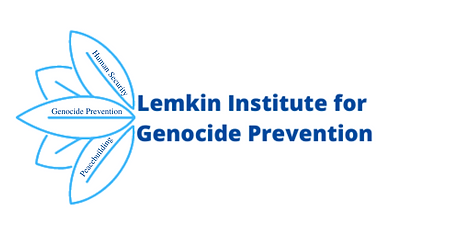Yet Another Attack On The Hazara In Afghanistan
On September 30, 2022, a suicide attack inside the Kaaj Educational Center in the Dasht-e-Barchi district of West Kabul, Afghanistan, claimed the lives of over 35 girls and young women belonging to the Hazara community. Over 82 others were injured in the attack. The attack was perpetrated as students had been sitting for a practice university exam. No group has claimed responsibility for the attacks as yet. However, the Hazara community has been subjected to targeted attacks by IS-K and the Taliban.

A view of a suicide bomb attack scene in Kabul, Afghanistan on September 30, 2022. A suicide bomber ... [+] ANADOLU AGENCY VIA GETTY IMAGES
The Hazara community has encountered decades of persecution in Afghanistan. Since the Taliban takeover, the targeting of the Hazara is said to have increased and the attacks enjoy impunity.
On September 6, 2022, U.N. Special Rapporteur on the situation of human rights in Afghanistan Richard Bennett raised the dire situation of the Hazara stating that the community have been subjected to multiple forms of discrimination, negatively affecting their economic, social, cultural and human rights. As he emphasized, “There are reports of arbitrary arrests, torture and other ill-treatment, summary executions and enforced disappearances. In addition, an increase in inflammatory speech is being reported, both online and in some mosques during Friday prayers, including calling for Hazaras to be killed.”
In September 2022, the Hazara Inquiry, an inquiry into the situation of the Hazara in Afghanistan and Pakistan, run by British Parliamentarians and experts, published its reports on the dire situation of the Hazara in Afghanistan. The report revealed that, as a religious and ethnic minority, the Hazara are at serious risk of genocide at the hands of IS-K and the Taliban. This finding engages the responsibility of all states to protect the Hazara and prevent a possible genocide, under the UN Convention on the Prevention and Punishment of the Crime of Genocide (the Genocide Convention) and customary international law.
As the report states, “When the Taliban took control of Afghanistan in 2021, it significantly affected the situation faced by the Hazara and reversed the 20-year progress made in addressing the marginalization and discrimination experienced by this minority group. The return to power of the Taliban has included brutal acts of violence against the Hazara throughout Afghanistan and a return of terror. The first half of 2022 has seen hundreds of members of the Hazara community killed and many more injured as a result of the targeted attacks, including bombings of Hazara schools, places of worship and other centers. This trend is likely to continue. There is a pressing need to provide the community with protection, in line with international obligations under the Genocide Convention.”
The attack on Kaaj Educational Center was predictable and could have been prevented. However, the Taliban, the de facto authority responsible for safety and security in the country, has been failing the community. Despite the increase in attacks against the community, as seen in April and May 2022, the Taliban did not introduce any special measures to protect the community.
The situation of the Hazara requires an urgent response, including investigating the atrocities and prosecuting the perpetrators. As these steps are not being taken by the Taliban, the International Criminal Court must engage. Furthermore, as the Taliban is not doing anything to protect the community, States must take steps to bring Afghanistan before the International Court of Justice, for its breaches of the Convention on the Prevention and Punishment of the Crime of Genocide. These steps must be taken before as a matter of urgency and before more people lose their lives.
(c) 2022, Forbes



